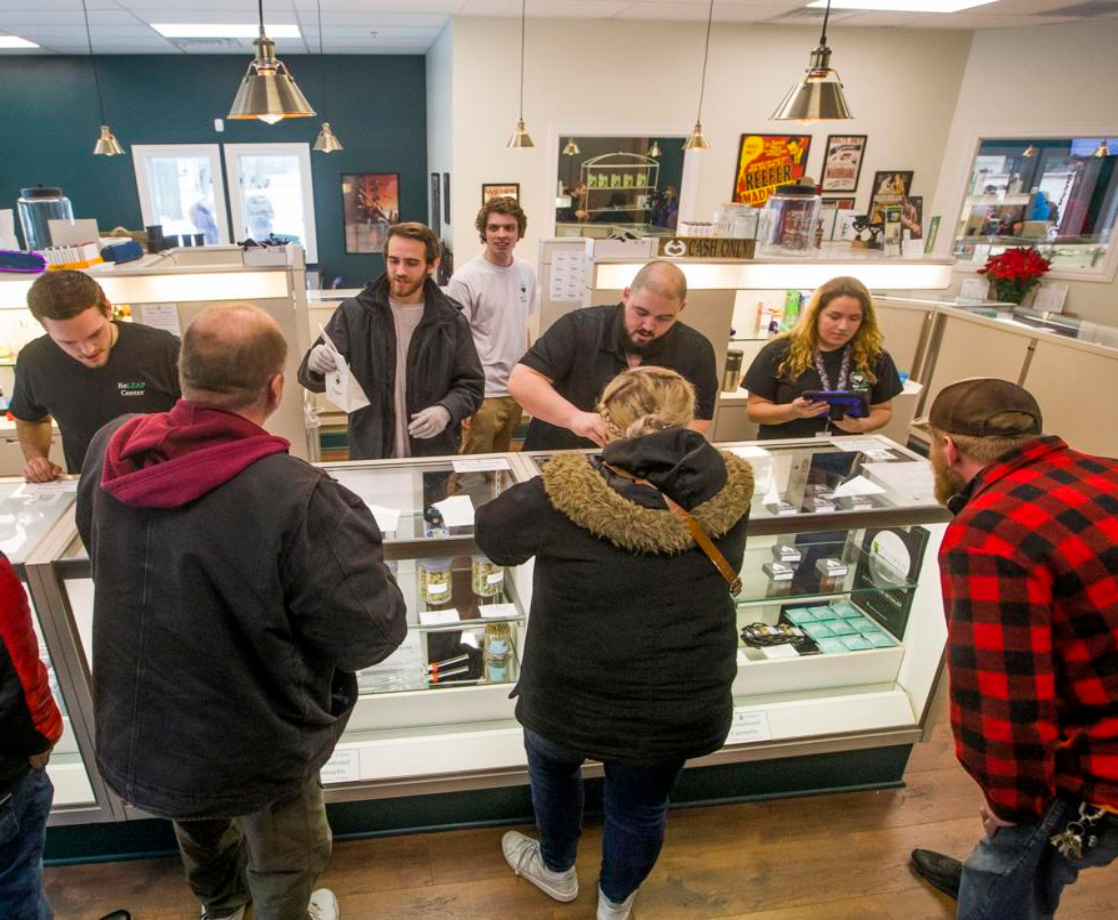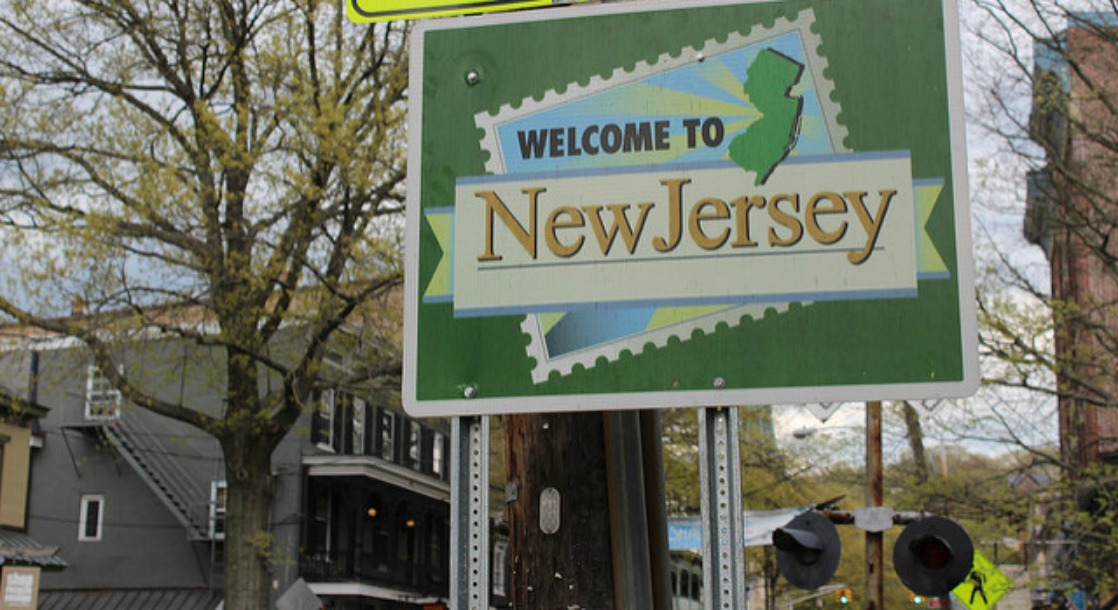The people of Maine are getting impatient.
Four long years after voters approved a ballot measure legalizing adult-use cannabis sales, Maine’s legal weed industry was finally expected to begin selling their wares this month. But, according to a new state budget forecast, officials are expecting a delay by another three months.
Last week, a state revenue forecasting committee officially changed the date as to when it expects to receive its first batch of legal weed sales-tax revenue from mid-March to mid-June. Budget forecasters estimate that sales will be strong straight out of the gate, though, and predict that legal retailers will sell $5 million of weed by the end of June. Officials initially projected that adult-use sales would bring them $2.2 million in tax revenue by the end of June, but the delays forced them to revise this figure down to $500,000.
Although making $5 million in two weeks is a good start, it pales in comparison to Illinois, where legal weed businesses sold $3.2 million of legal weed on the first day of legal sales alone.
The reasons for the three-month delay are largely due to licensing and regulations issues. Erik Gunderson, director of the state Office of Marijuana Policy, told the Portland Press-Herald that although his office has received 197 cannabis business applications, only 80 of these applications were complete enough to be reviewed. Some of these businesses have received conditional state licenses, but each business must also receive a local license from their municipal government before becoming eligible for a final state license.
And Maine won’t issue a single active license until a cannabis testing lab is ready to begin approving legal products for sale. Four labs have reportedly considered jumping into the state’s adult-use market, but Gunderson said that only one of these labs, Nelson Analytical, is even remotely close to getting its operating licenses. Nelson is currently awaiting municipal approval, but Gunderson believes that this lab will be robust enough to shoulder all of the state’s testing needs until new labs open.
Rather than allowing each legal weed shop to open as soon as it is ready, the state will impose a moratorium on sales until a significant number of stores are all prepared to begin sales. That “will allow product to go through the mandatory testing regime, go through the manufacturing process and allow retail stores to fully stock their shelves with a wide array of products,” said Gunderson to the Press-Herald. “Hopefully, [we’ll] get enough products into the system to withstand the first day, the first weekend, the first week of demand so we don’t have a shortage like we’ve seen in other states.”
If there were an award for the slowest rollout of legal weed sales, Maine would surely win it. Although voters passed the adult-use ballot measure back in 2016, former Governor Paul LePage, a staunch prohibitionist, vetoed lawmakers’ cannabis regulations two years in a row. Lawmakers were eventually able to overturn the veto, but still couldn’t manage to come up with a final set of regulations until last spring.
These final regulations may well be some of the strictest pot rules the country has ever seen, as well. Unlike other states that allow individual municipalities to “opt-out” of legal weed sales, Maine towns that want to allow weed sales must “opt-in,” and relatively few towns have done so. Also, regulators will only grant licenses to people who have lived in Maine for over four years, in an attempt to discourage out-of-state businesses from dominating the local market.
In the meantime, Maine residents have been allowed to grow or possess weed, but have been unable to legally buy it. As a result, a local “gift economy” has sprung up, where entrepreneurs have been offering “free” weed in exchange for a cash donation or a purchase of cheap merch.











